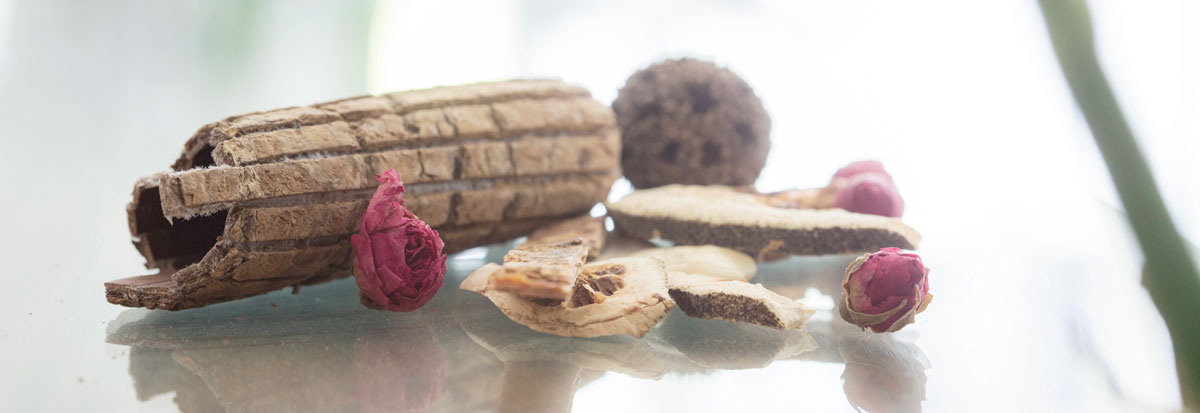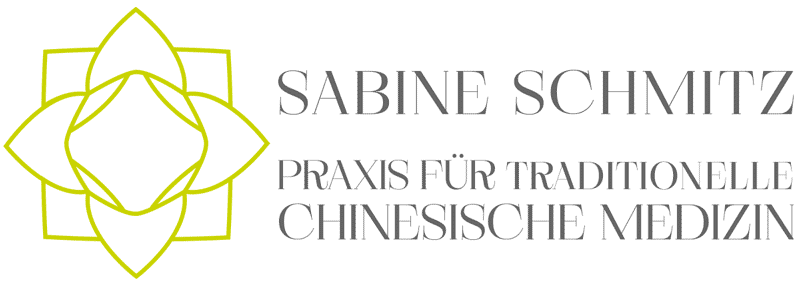
Chinese Herbal Medicine is the main branch of Traditional Chinese Medicine (TCM). In the hands of an experienced and qualified therapist Chinese herbs can work very effectively.
What is Chinese Herbal Medicine?
In Chinese Herbal Medicine, parts of plants, such as roots, bark, flowers and leaves, but also some minerals and animal products are used. In general, individual herbs and substances are combined. Thus, you will obtain an individually tailored prescription to your medical condition and your current situation, which is usually administered as a decoction (tea). In certain situations, granules or pills can also be used.
How to prepare Chinese herbs?
Your herbal prescription comes with detailed cooking instructions, which we will discuss in detail. From time to time there may be changes in the cooking process. In general, differences or changes in the cooking instructions will be addressed during subsequent consultations.
What do Chinese herbs taste like?
The herbs do not taste particularly good, but usually patients quickly get used to the taste. By the way, I barely observe any side effects in my practice.
How do you take your Chinese herbs?
The recommended dosage will be documented in your cooking instructions.
How often should you take your Chinese herbs?
Patients usually drink the tea from Chinese herbs two to three times a day (this is detailed in the cooking instructions). Patients with weak digestion are recommended to take the herbs after meals.
Quality and Certification
Chinese herbs and granules, like all pharmacy products in Germany, are subject to very strict guidelines and quality controls. In addition to a identity verification process, each batch of an herb undergoes tests for identity, subjected aflatoxins (fungal toxins), heavy metals, microbial contaminants and pesticides conducted by a qualified laboratory. You can be sure that you get pure and controlled quality.
Herbs during pregnancy
Chinese herbs can be very effective in the treatment of nausea and most other problems during pregnancy. Drawing on almost two millennia of treatment, observation and recordings of the effect of Chinese herbs during pregnancy, Chinese gynecology has a very clear idea of what can and cannot be used effectively and safely during pregnancy.
In fact, three types of Chinese herbs are clearly distinguishable: Herbs that should not be used during pregnancy; herbs that are safe during pregnancy and herbs that are not only safe, but also beneficial to the mother and child. It goes without saying that no herbs from the first category will find their way into your recipe. However, I usually only choose herbs of the latter category during pregnancy. Unless there is a specific need to have herbs from category two, but this will only take place for a specific effect and a short time. If you have further questions, please contact me.
When to stop taking Chinese herbs?
If you develop symptoms of severe cold, flu, gastrointestinal infection or other acute symptoms, you should stop taking your decoction during the worst days. Resume drinking your tea only when you feel better. For further information, please contact me at any time!
Length of treatment
The aim of TCM treatment is to bring your body and spirit into a good and healthy shape and balance its functions with herbs and acupuncture – as far as possible and as quickly as possible. For recently developed or mild diseases treatment will be short. The longer the imbalance has taken place, the longer it will take to restore the balance. A thumb rule is: “One month treatment for one year the problem has existed.“ It is often surprising how many people expect immediate results for complex diseases that have evolved over many years.
Please note that taking Chinese herbs does not replace a balanced diet! And please do not abruptly withdraw any systematic conventional therapy you have been taking for a long time!
Additional therapeutic methods
Acupuncture
Chinese Nutritional Therapy
Gua Sha
Moxibustion
Cupping


